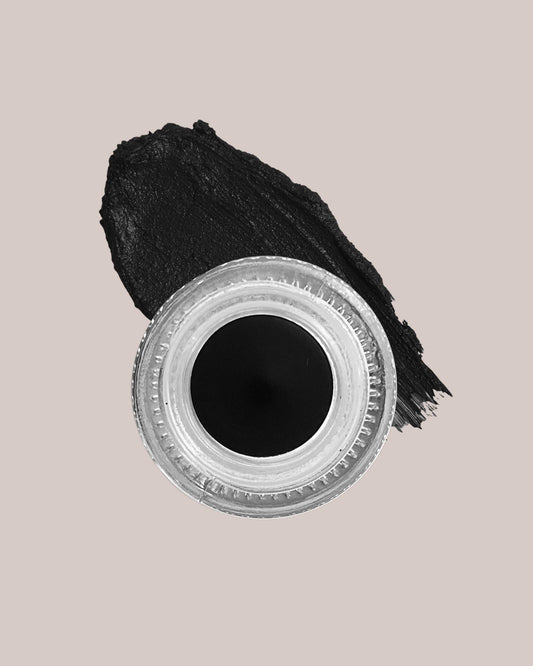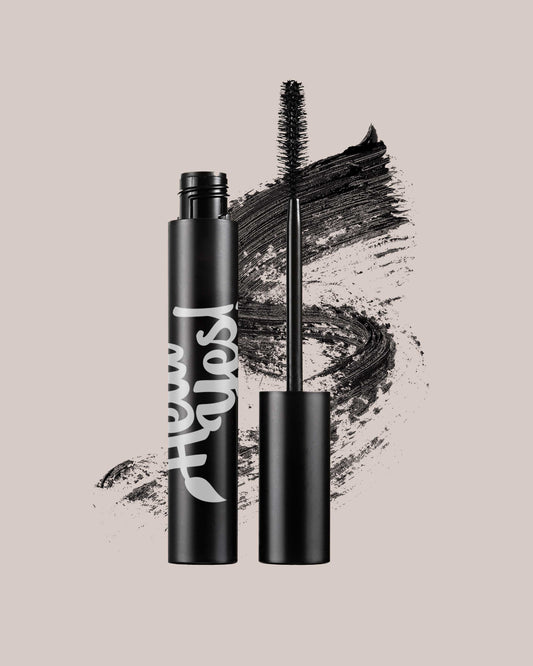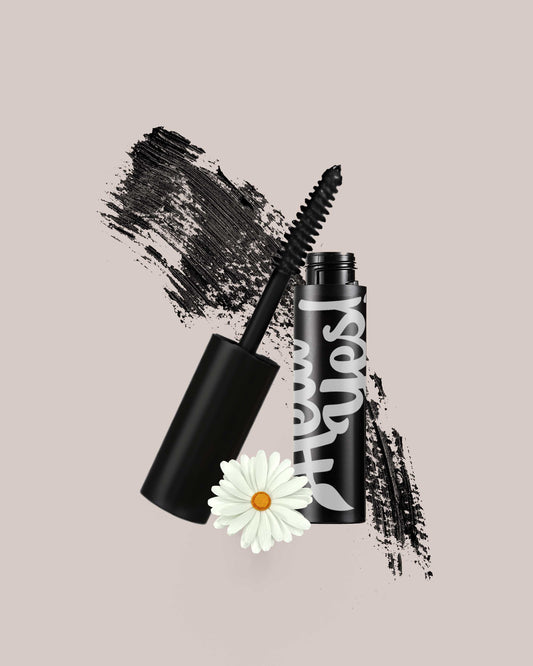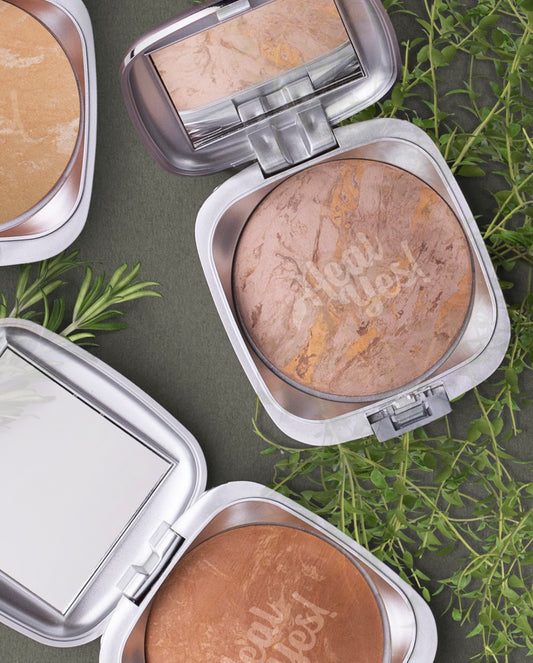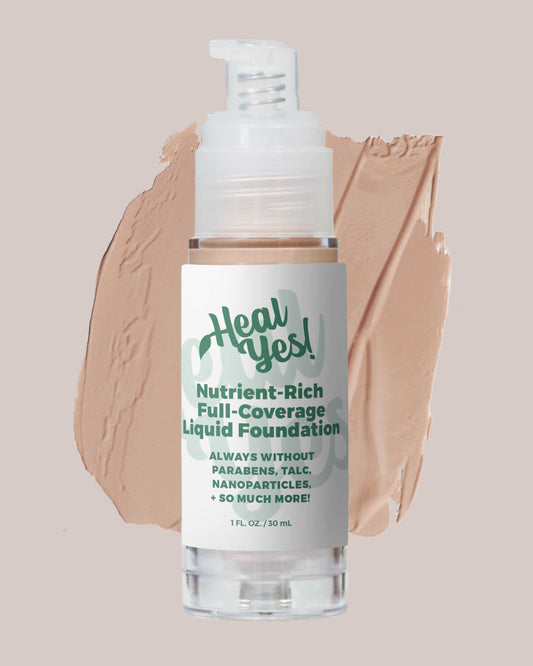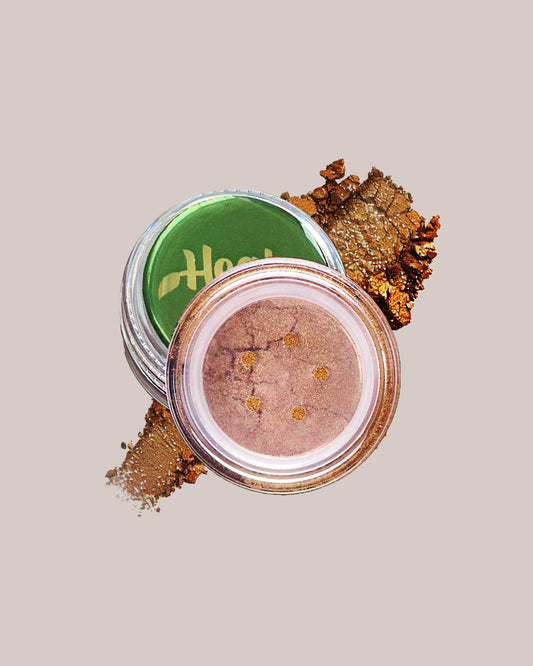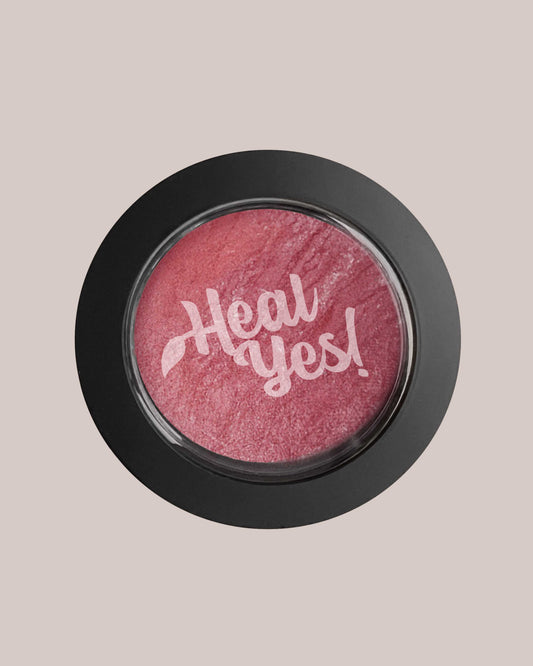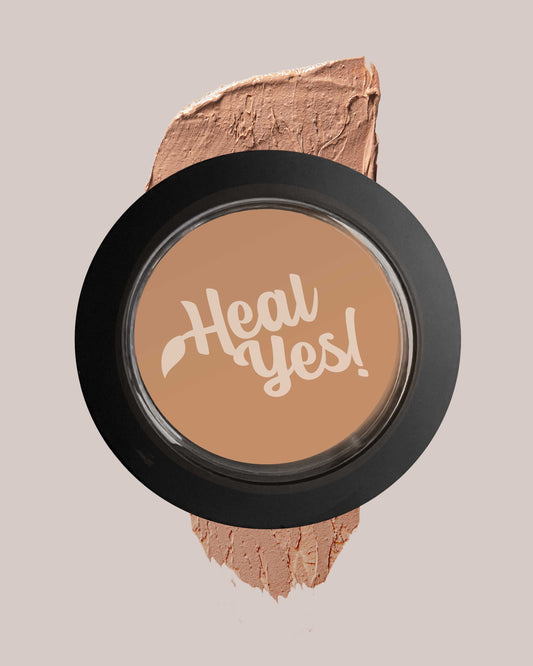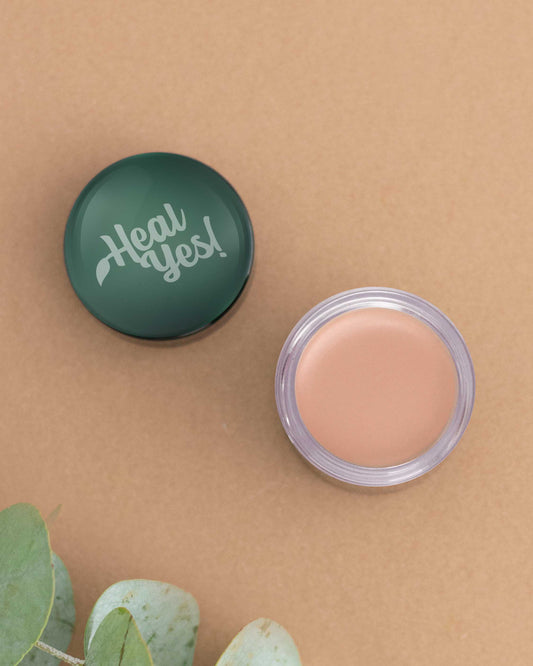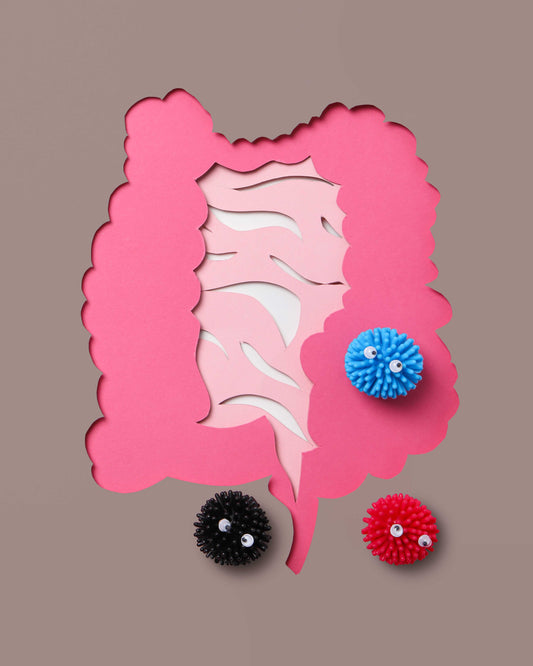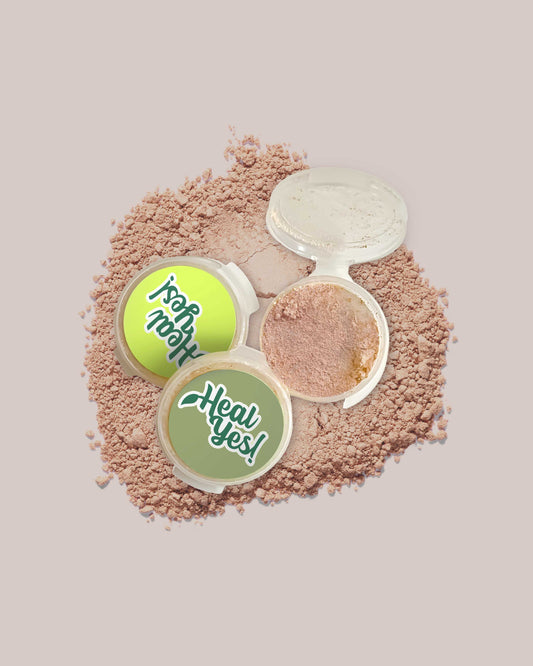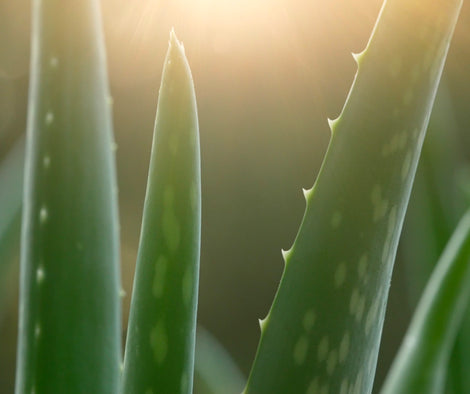After recovering from a stomach bug that hit my family with a vengeance, I wanted to feel as if I was doing my body some cleansing favors without actually detoxing hard-core or fasting. I looked into eliminating cellar waste and learned about autophagy, the cellular process of 'self-cleaning,' which is largely triggered by fasting or caloric restriction.
A breastfeeding mom, I'm not about to cut calories too steeply, so I began wondering if there was another way to induce autophagy without fasting.
Even if you're not sustaining a little one's life with your bosom, perhaps the idea of 'cellular cleaning' without fasting appeals to you, too. That's right, reach for that [organic?] pizza, and let's still figure out some potential body cleansing mechanisms.
Here's a non-exhaustive list of herbs and nature's go-to's* that might help induce autophagy within cells:
Coffee
Coffee consumption, particularly with caffeine, has been shown to stimulate autophagy in certain cells. Coffee certainly comes with its own caveats, though, so heed accordingly.
Green Tea
Green tea contains compounds like catechins that may activate autophagy in cells.
Resveratrol
Found in grapes and red wine, resveratrol is thought to induce autophagy and has been studied for its potential health benefits.
Curcumin
The active compound in turmeric, curcumin, has shown to have autophagy-inducing properties.
Grapes
The compounds found in grapes, such as pterostilbene and resveratrol, may promote autophagy.
Spermidine
Naturally present in foods like wheat germ, soybeans, and mushrooms, spermidine has been studied for its role in autophagy induction.
Fasting Mimicking Diet (FMD)
While not a natural remedy in the traditional sense, FMD is a diet designed to mimic fasting's effects while still providing some nutrients.
Blueberries
Rich in antioxidants and phytochemicals, blueberries have been associated with promoting autophagy and supporting cellular health.
Mushrooms
Certain types of mushrooms, such as reishi and shiitake, contain compounds that may activate autophagy.
Chlorophyll-Rich Foods
Consuming foods with high chlorophyll content, such as leafy greens and spirulina, may support autophagy induction.
Bone Broth
Bone broth, which is nutrient-dense and rich in collagen, may promote autophagy.
Heat Stress (Sauna/Hot Bath)
Subjecting the body to heat stress, through activities like sauna sessions or hot baths, may stimulate autophagy as a cellular response to stress.
Omega-3 Fatty Acids
Omega-3s found in fatty fish and certain plant sources may support autophagy.
Berberine
This compound, found in various plants like barberry and goldenseal, has been linked to autophagy activation.
Exercise
Regular physical activity, particularly endurance exercise, may also support autophagy in the body.
Inducing autophagy through natural remedies is an intriguing area of research with potential health benefits (and happy taste buds persisting, what with avoiding fasting). While some natural substances, such as coffee, green tea, resveratrol, and curcumin, have shown promise in supporting autophagy, these remedies still need to be regarded with caution and under the guidance of a healthcare professional; personalized advice and supervision from qualified healthcare experts are crucial to ensure that these natural remedies align with your unique health needs and goals. By combining natural remedies with a balanced diet, regular exercise, and other healthy lifestyle practices, individuals can strive to support overall cellular health and well-being, a ubiquitous goal of many who come to Heal Yes!

